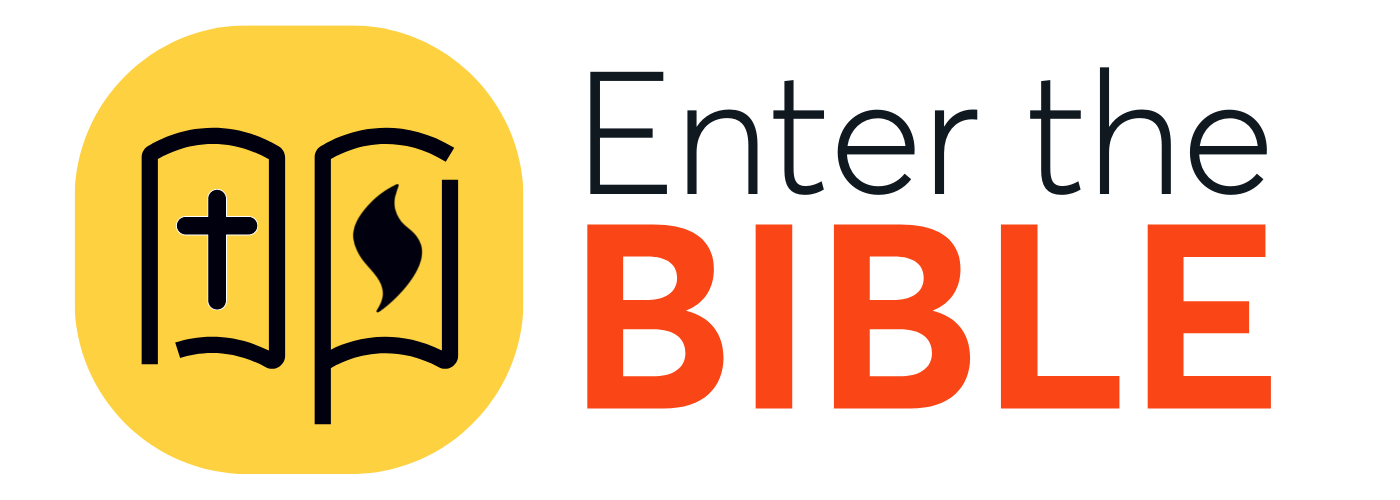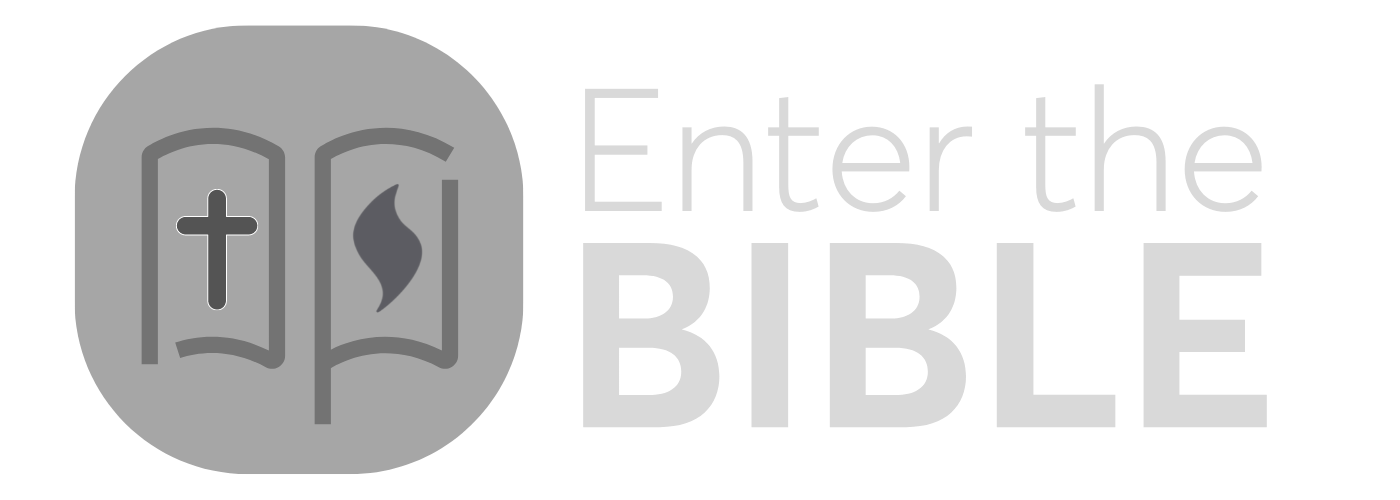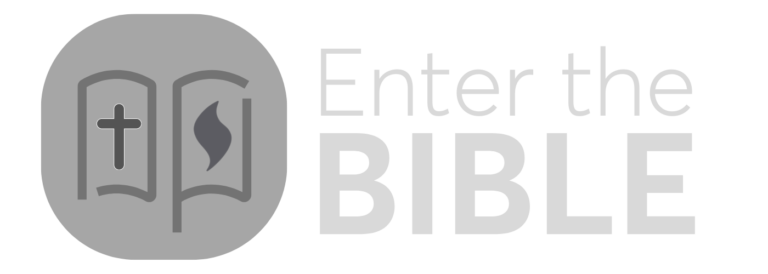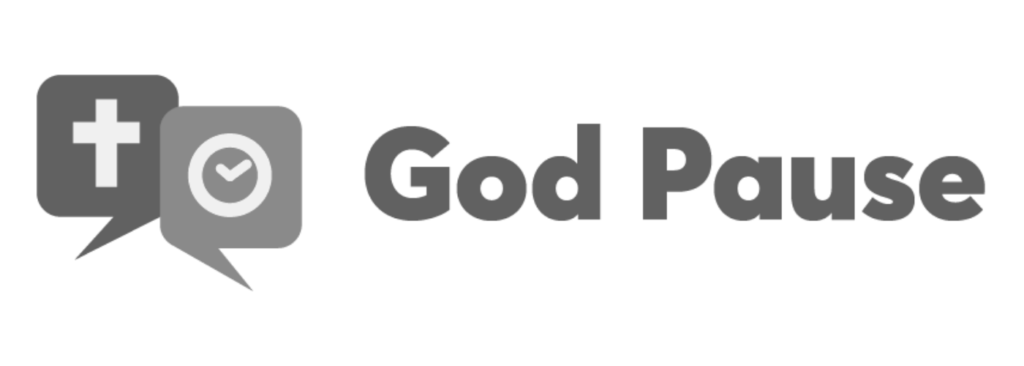SUMMARY
The enthusiasm of the Jews returning to Judah from their exile in Babylon was soon dampened by discouragement as they faced the pile of rubble which was all that remained of the TempleThe Jerusalem temple, unlike the tabernacle, was a permanent structure, although (like the tabernacle) it was a place of worship and religious activity. On one occasion Jesus felt such activity was unacceptable and, as reported in all four Gospels, drove from the temple those engaged… More and the devastated land surrounding it. According to Ezra (5:1; 6:14), both Haggai and Zechariah prophesied about 520-516 B.C.E. With a series of visions and oracles Zechariah assures Zerubbabel, the governor, and Joshua, the high priestThe high priest was the most powerful priest in the temple in Jerusalem. The high priest Caiaphas held the office during the trial of Jesus. Later, in the New Testament book of Hebrews, the role of merciful high priest is ascribed to the resurrected Jesus. More, that together they will finish rebuilding the Temple, which they did accomplish.
SO WHAT?
To our secular society, which sees only what is immediately visible, Zechariah presents visions of sweeping breadth. The cosmos reaches from God and the angels to Satan, the accuser. The view of time stretches from the early days of Israel’s history to a magnificent future where the Lord will rule through a righteousA righteous person is one who is ethical and faithful to God’s covenant. Righteousness in the Old Testament is an attitude of God; in the New Testament it is a gift of God through grace. In the New Testament righteousness is a relationship with God… More king. Yahweh is not only the God of Israel, but the God of all the earth.
WHERE DO I FIND IT?
Zechariah is the 38th and next to last book of the Protestant Old Testament. It is the 11th of the 12 “minor prophets” (or shorter prophets), following Haggai, Zechariah’s contemporary, and preceding Malachi.
WHO WROTE IT?
The author identifies himself in the first verse as “the prophet Zechariah, son of Berechiah son of Iddo.” Iddo was the head of one of the priestly families among the returning exiles (Nehemiah 12:4, 16). Zechariah may have been a boy when his family returned to Jerusalem. Chapters 9-14 are probably by a different author, sometimes called “Deutero-Zechariah” or “Second Zechariah.” The mention of the Greeks in 9:13 suggests a later date and authorship than Zechariah, but the historical setting of these later chapters is difficult to determine.
WHEN WAS IT WRITTEN?
The first eight chapters clearly apply to the period of return from exile, with frequent historical references to that period. Chapters 9-14 are more difficult to date, with estimates ranging from preexilic times to the Greek and Roman periods.
WHAT’S IT ABOUT?
Arriving in Jerusalem among exiles returning from Babylon in the late 500s B.C.E., the prophet Zechariah criticizes disobedience but looks forward to the restoration of the Temple and the prosperity of a people faithful to God.
HOW DO I READ IT?
Imagine living for a long time in a foreign country, then returning to find your own country in ruins. You would wonder if your hardships were punishments from God, as many prophets have said, and you would ask how one can be restored to God’s favor. From that perspective we read Zechariah, who pronounces judgment for disobedience, but also envisions a rebuilt Temple and a restored Jerusalem. The book also causes us to look for God’s activity not only in the past but also in our world today, and how this might develop in the future. What is the future hope for people who live in seemingly hopeless situations?






